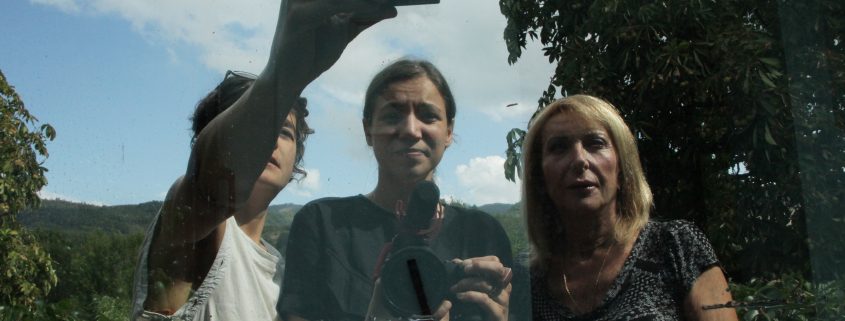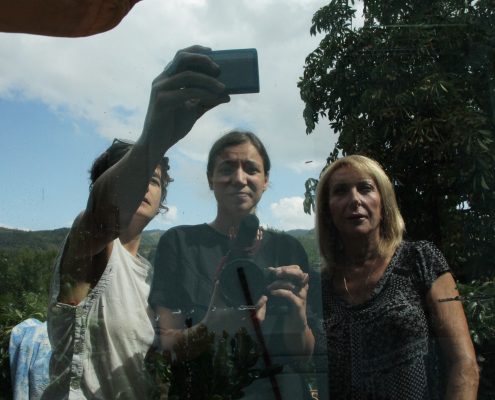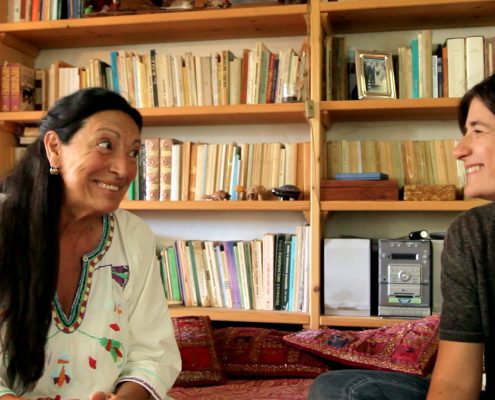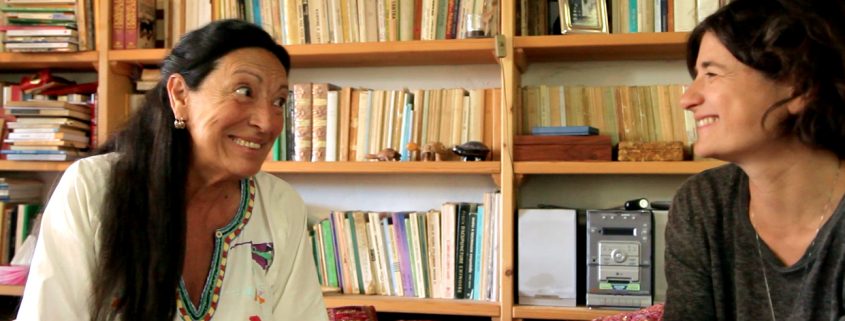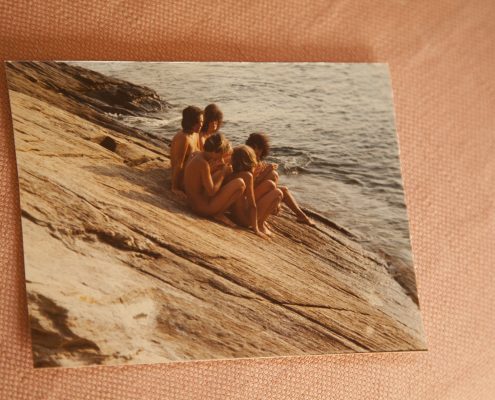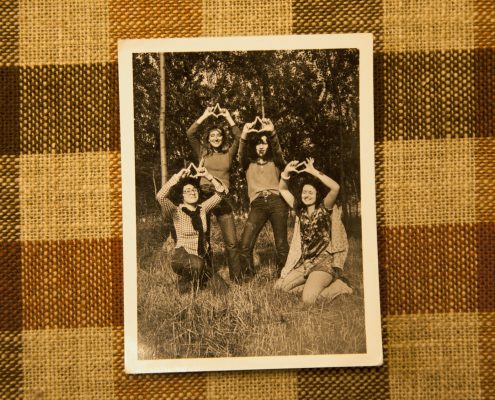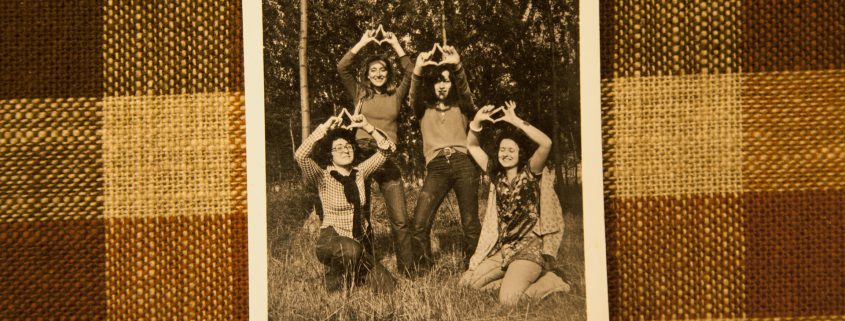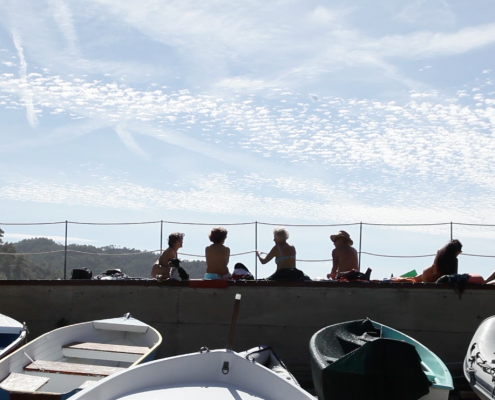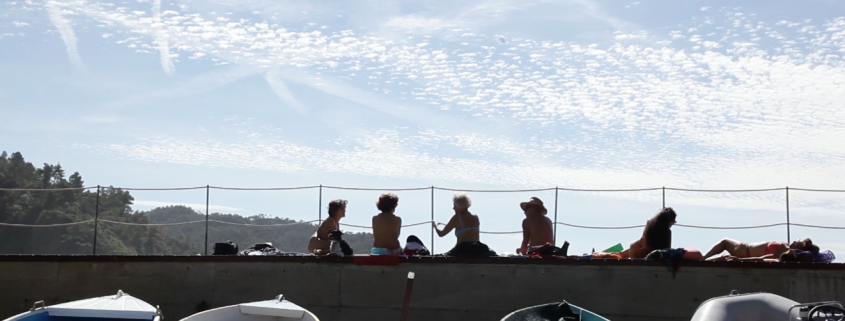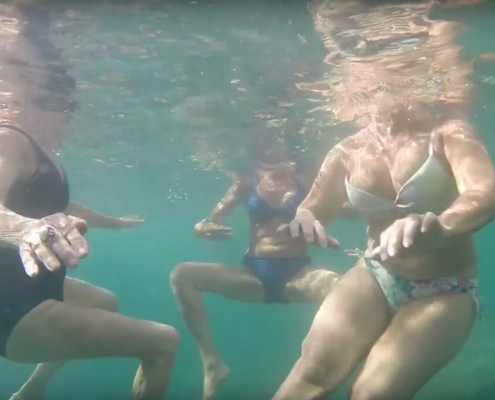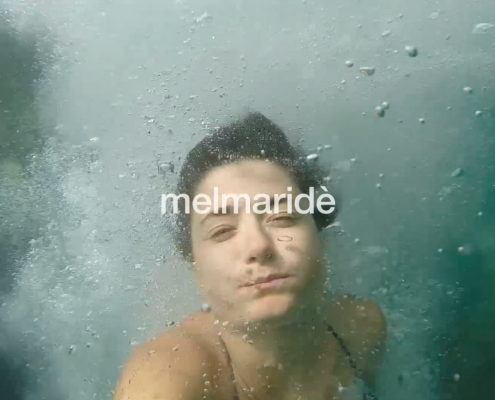MELMARIDÈ
“Le tue amiche femministe sono tutte putane o melmaridè” (nel 1970 più o meno tutte le madri la pensavano così a Piacenza, “o puttane o separate”). Questa è la storia di Lucia, Paola, Gabì, Brunetta, Chicca, Maura e Marinella, un gruppo di donne che sfidarono il disprezzo delle loro famiglie, delle istituzioni e della provincia emiliana per unirsi al coro più ampio del movimento femminista internazionale, fondando il Collettivo Femminista di via Benedettine a Piacenza e successivamente il consultorio, una struttura autogestita, autofinanziata e gratuita che offriva informazioni, visite mediche e assistenza in caso di aborto, quando in Italia era illegale. Un’iniziativa politica che scaturiva da una profonda urgenza personale di libertà, all’alba di una nuova coscienza di sé, che ha unito quelle ragazze e modificato per sempre il loro immaginario, sia personale che politico. Trent’anni dopo queste donne si ritrovano diverse, ma ancora amiche e con lo stesso spirito anticonformista, più che mai determinate nel desiderio di non dimenticare l’esperienza che le ha cambiate per sempre. Questa è anche la storia di come prende forma un racconto, di come è nata oggi l’esigenza da parte delle registe di ripercorrere le orme di queste protagoniste, di ascoltarle e di scoprire che è stato grazie ai loro piccoli e grandi atti di coraggio quotidiani che il loro essere libere è possibile.
Melmaridè (“divorced” in dialect) is the story of group of women from Piacenza, a small city in the north of Italy, who challenged the disdain of their families and of the institutions joining the voices of the wider international feminist movement; first they founded a Feminist Collective and later started a public women’s health clinic and counselling center. The clinic was a self-directed, self-financed and free of charge structure that offered information on birth control, medical examinations, and help getting an abortion, when abortion was still illegal in Italy. A political act that arose from a profound urgency for personal freedom and self-awareness, that united them and radically changed their personal and political viewpoint. Forty years later, these women find themselves different, older, but still friends and with the same non-conformist spirit, determined in their desire not to forget that experience that changed them forever. Following them in their narration, we realised how important it is that this “small” adventure in provincial Italy is not forgotten, because it is thanks to these individual and collective acts of courage that our freedom has been and is possible. This is a collective story that is made of encounters, memories and intimacy among women who are profoundly different but who are all – more or less-happily melmaridè.

